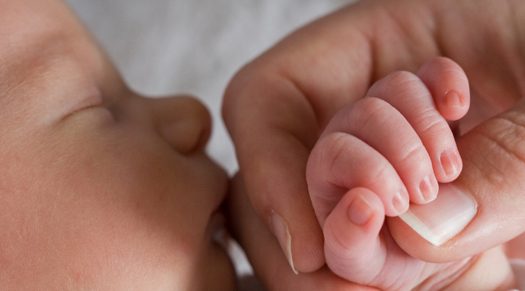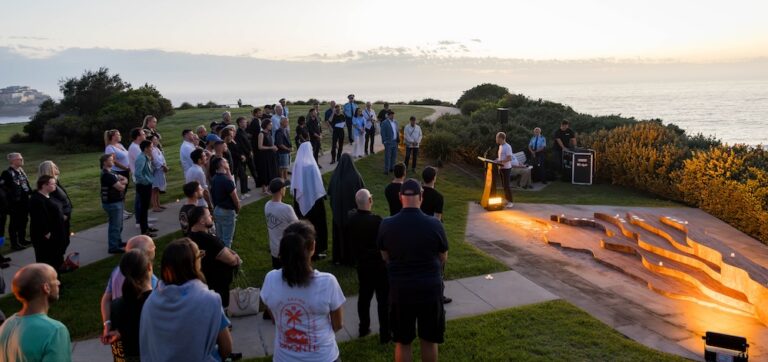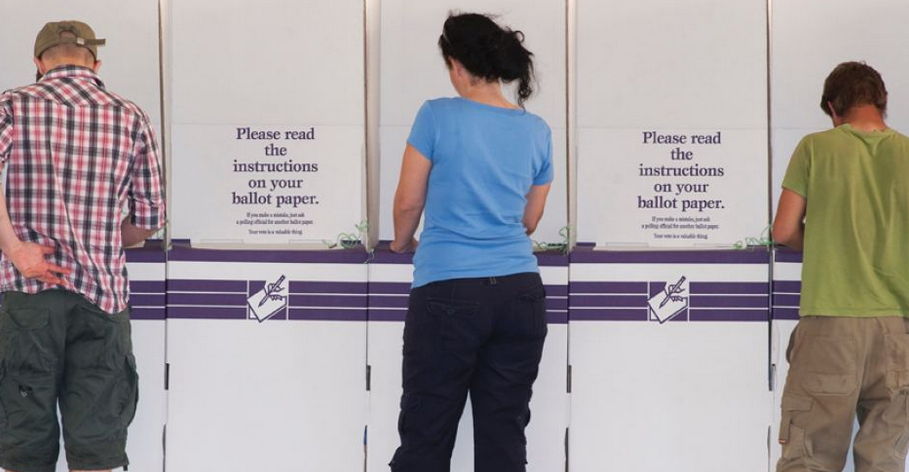

Guest column
Few questions are as emotive as this one: who are a child’s parents? For the great majority the answer is simple. But for some the answer is contested and debated and played out in parliaments and courts. Slater & Gordon Family Lawyer Kim Healy discusses surrogacy in Australia
 Surrogacy has long been a contentious issue. The term describes an arrangement where a surrogate mother gives birth to a child on behalf of another person or couple, who raise the child as their own.
Surrogacy has long been a contentious issue. The term describes an arrangement where a surrogate mother gives birth to a child on behalf of another person or couple, who raise the child as their own.
Increasingly in Australia, we are seeing surrogacy – particularly international surrogacy – becoming an alternative for couples who cannot conceive children. The laws – both in Australia and overseas – governing these types of arrangements are intricate and inconsistent.
In Australia, for example, there is no uniform legislation across the states and territories. Every jurisdiction, except the Northern Territory, has its own surrogacy legislation, and all this legislation is very new – by way of example the NSW Act was only created two years ago, in 2011.
I recently represented two men who had been in a relationship for 12 years. They had a child through an international altruistic surrogacy arrangement in 2009 and both altered their working hours to ensure one was always home with the child. The couple had the enthusiastic support of their parents, siblings, nieces and nephews – now proud grandparents, aunts, uncles and cousins. These arrangements, and this network of loving and devoted family members, was in place from the very start of the child’s life and to the child this family was, and is, its world.
But up until the court case earlier this year, these men were not the legal parents.
As a result of the 2011 NSW Act addressing surrogacy arrangements we were able to apply to the court for an order to transfer parentage to the two men and have the child’s surname changed. The court was also able to order that notice of these orders be given to Births, Deaths and Marriage and the Director General of the Department of Health. As they satisfied a time limit, they were able to apply for these orders despite their 2009 surrogacy arrangement pre-dating the 2011 Act.
It is the first case of its kind to be heard in NSW.
Until 2011 in NSW, most surrogacy cases were governed by the Status of Children Act 1996. Under that Act a child’s legal parents were its birth parents, meaning the woman who gave birth to the child and her husband or defacto partner (if one existed).
This meant that the parents actually raising the child faced ongoing legal problems, such as getting a passport for the child or enrolling the child in school.
Having legal parents grants children several rights and protections including: citizenship, access to Medicare and medical benefits, as well as access to medical treatment. Legal parents are also needed for applications for passports, or indeed anything requiring a birth certificate. Without legal recognition of a person’s parenting status inheritance rights can be compromised, as can a child’s rights to workers compensation entitlements upon the death of a ‘parent’ or their access to child support. On a less tangible but equally important level, there is also the issue of identity and the desire to have the world as you understand it made official.
Many of these rights are reflected in the United Nations Convention on the Rights of the Child.
The 2011 Act allows the intended parents of a child born through surrogacy to apply to the NSW Supreme Court for a parentage order 30 days after the birth. If it is granted, they gain full parenting rights, and their name on the child’s birth certificate.
To be eligible the surrogacy must be altruistic – paid surrogacy is not legal in any Australian jurisdiction. In addition, the birth mother must be at least 25 and all parties must have received legal advice and counseling, given informed consent to the agreement prior to conception and the child must be living with the intended parents at the time of application.
The right to make medical decisions for your child or apply for their passport can seem like small things until you are not able to do them. We are likely to see a rise in the number of orders of this kind made in NSW over the coming years, as domestic and international surrogacy arrangements grow in popularity among those who are unable to conceive. The guiding principle in family law is always the best interests of the child. Fully empowered parents are certainly in a child’s best interest. For the family I represented the legal acknowledgement of their role was deeply significant on both a practical and symbolic level.









